In a significant development on Tuesday, the US state of Colorado took a decisive step in the ongoing legal battles surrounding former President Donald Trump’s alleged role in the January 6, 2021, US Capitol breach by his supporters.
The court ruled to bar Trump from participating as a candidate in the Republican Party’s primary next year, citing concerns related to his purported involvement in the insurrection that aimed to obstruct the certification of Joe Biden as the democratically elected President of the United States.
Join our WhatsApp ChannelThe crux of the matter lies in the 14th Amendment of the United States Constitution, which states that no person shall hold public office if they have engaged in insurrection or rebellion against the Constitution. Trump’s role in the events leading up to the Capitol breach has prompted legal experts and fellow politicians both in the Republican Party and the Democrats to question whether his actions fall within the purview of insurrection, leading to a wave of legal challenges in various states.
READ ALSO: US Capitol Riot: Colorado Supreme Court Disqualifies Trump From 2024 Presidential Race
While the decision by the Colorado Supreme Court is a landmark move, several other states are also facing similar legal challenges regarding Trump’s eligibility to run for office in 2024.
The list of states where legal battles are underway includes:
California: Riding on the wave of the Colorado decision, Governor Eleni Kounalakis of California wrote a letter to California’s Secretary of State Shirley Weber asking her to “explore every legal option” to remove Trump from the ballot. “California is obligated to determine if Trump is ineligible for the California ballot for the same reasons described in [Anderson v. Griswold]. The Colorado decision can be the basis for a similar decision here in our state,” the Governor wrote, explaining that “California must stand on the right side of history.”
Maine: The US state of Maine is another state that is reviewing if former President Trump should be allowed on the Ballot. According to reports, Secretary of State Shenna Bellows was meant to announce a decision on Friday but rescheduled for next week due to the landmark decision in Colorado and technical issues.
Oregon, Michigan and Minnesota: an election reform advocacy group in the United States, Free Speech For People, filed lawsuits in these three states challenging Trump’s candidacy in next year’s election citing the same issues of insurrection and the 14th amendment. However, the cases were thrown out by the courts who ruled that Parties have the power to decide who appears on their ballots. The court in Michigan ruled that it should be up to the US Congress to decide if Trump is fit for office. While the court in Minnesota alongside its ruling, noted that the group could file a separate challenge after the August 13 primary should Trump win the nomination. The group said it will appeal in the three states.
Cases have also been thrown out of court in Arizona, Florida and Rhode Island.
Meanwhile, in the states of Alaska, Nevada, New Jersey, New Mexico, New York, South Carolina, Texas, West Virginia, Wisconsin, Wyoming, Vermont and Virginia, cases are still being considered.
Although Courts in US states are independent, experts are saying that the Colorado ruling could play a pivotal role in what goes on in other states.
“The Colorado Court’s decision isn’t formally binding in other states but its reasoning may influence them,” Jeffrey Rosen, a law professor at George Washington University and head of the National Constitution Centre told NPR.
“Nevertheless, once the Supreme Court weighs in, it will settle any disagreements that emerge among the lower courts one way or the other,” Professor Rosen said.
Another legal expert, Guy-Uriel Charles, a Harvard law professor who specializes in election law told NPR that the cases will go to the US Supreme Court which may go by the ruling of the Court in Colorado or overturn the decision of the court or even take decisions based on individual cases brought before it by various states. He however urged that the cases should be handled sooner. “The 2024 election is going to be hard enough as it is. So the sooner we know what the fundamental rules are the better off we are going to be,” he said.

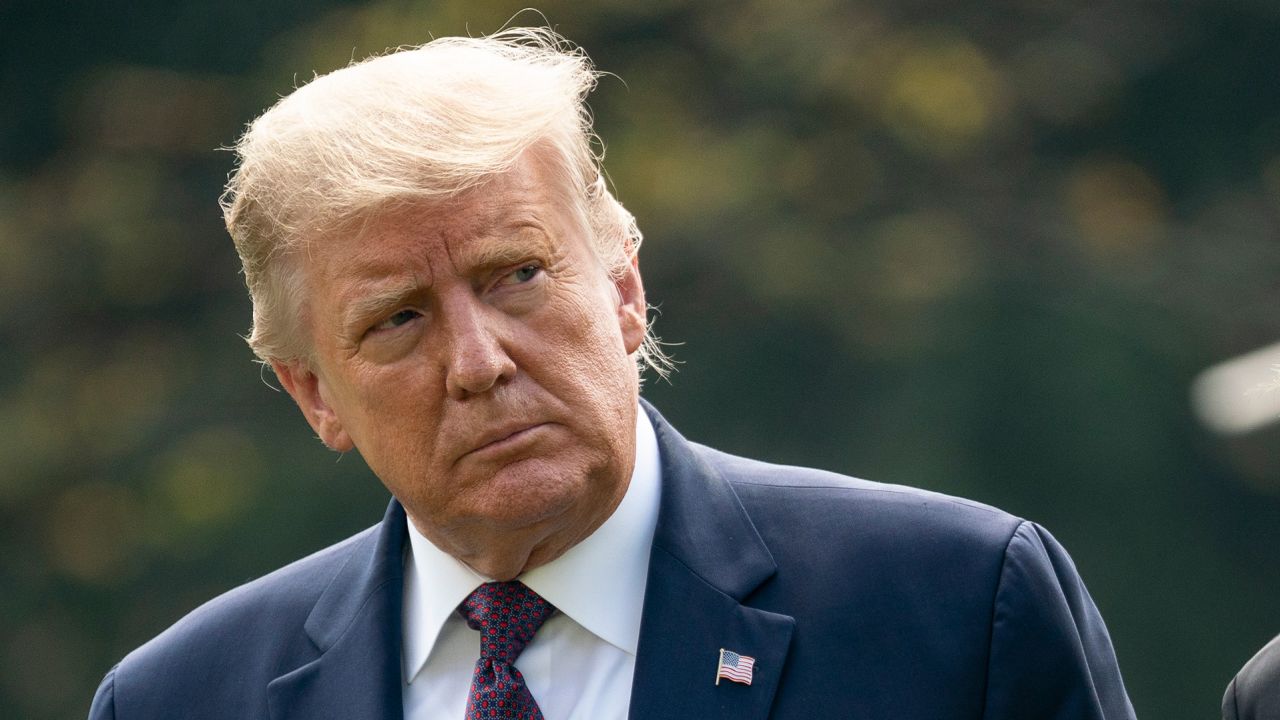


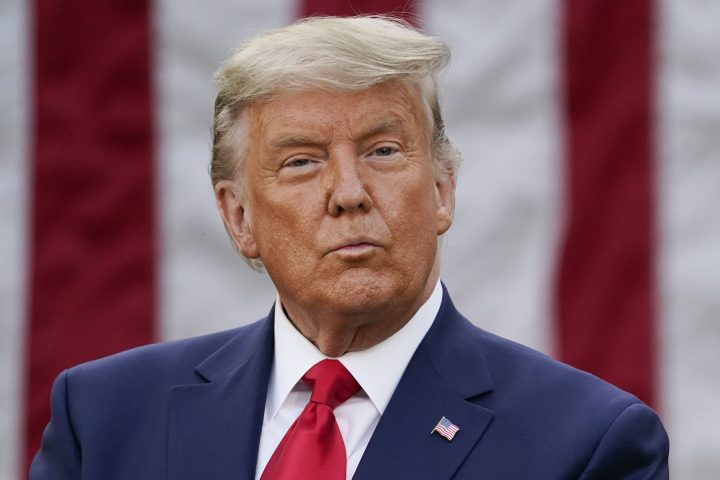

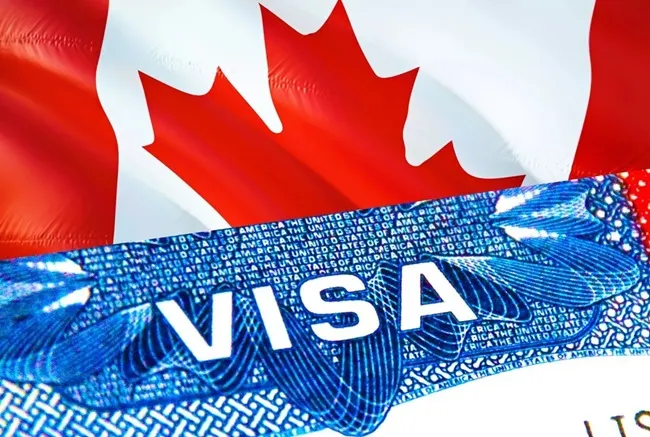








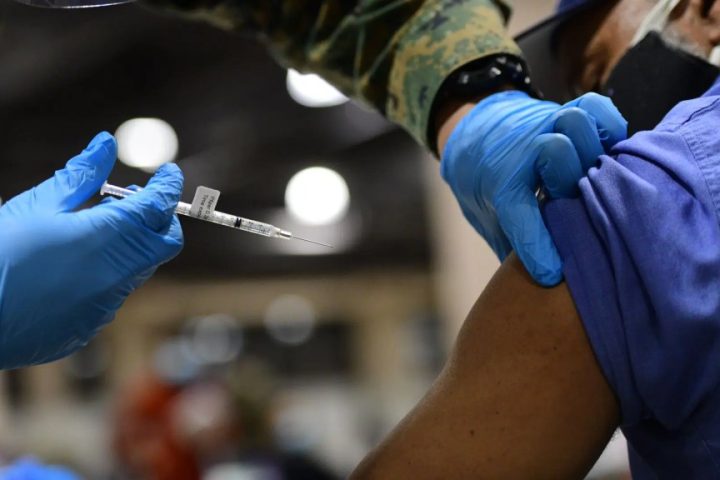
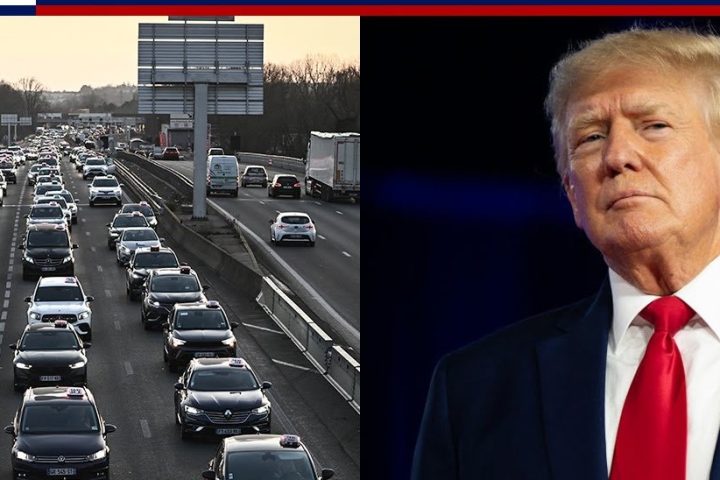
Follow Us